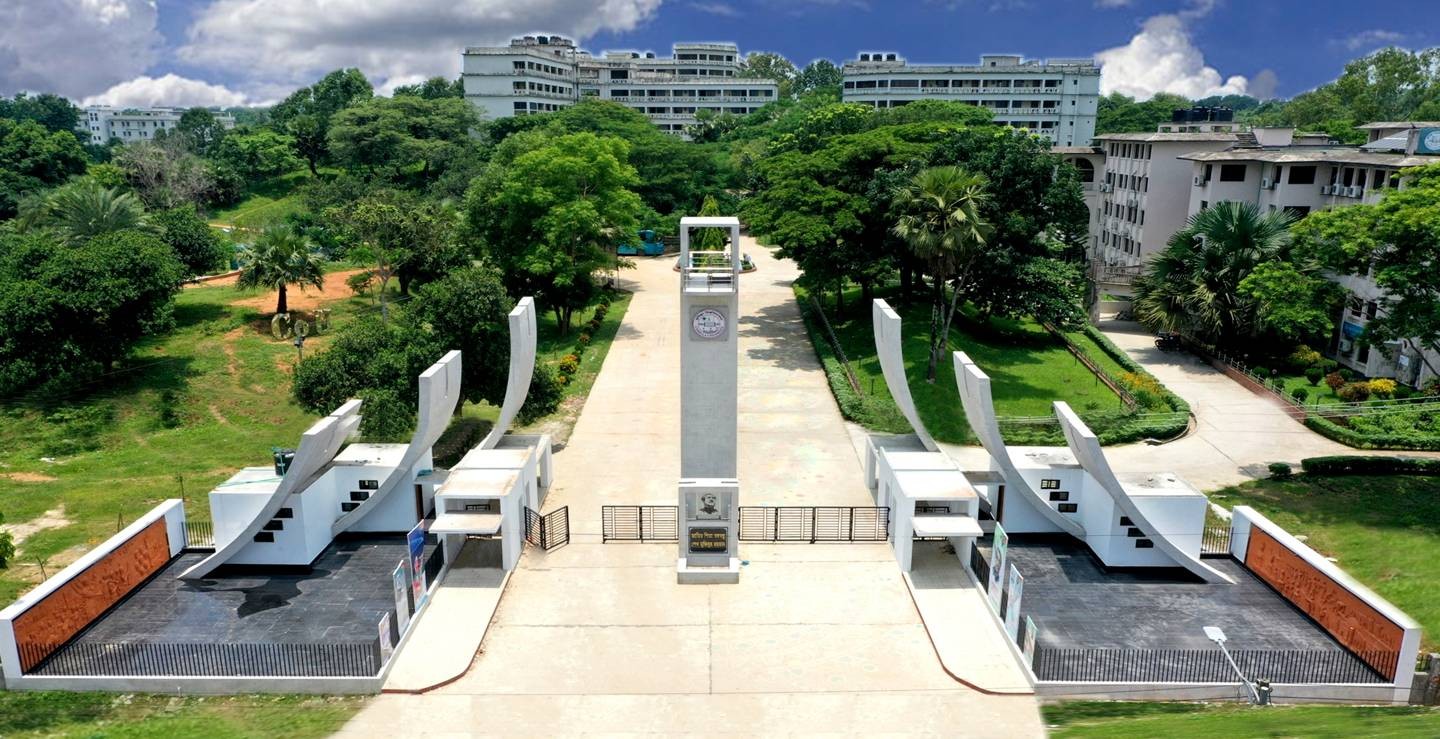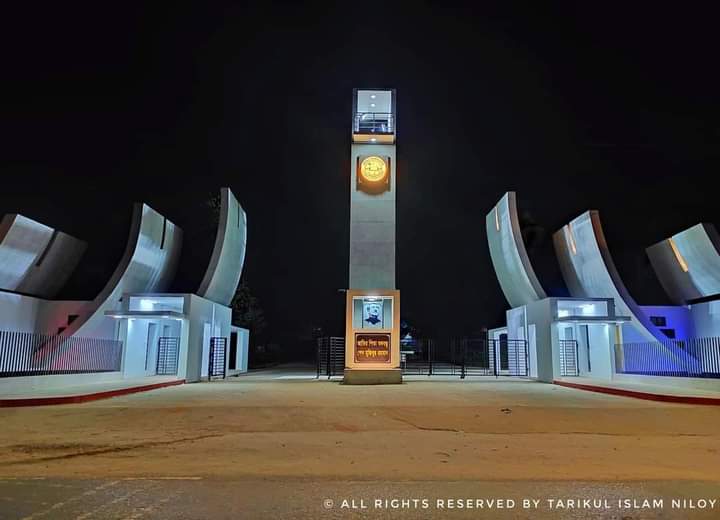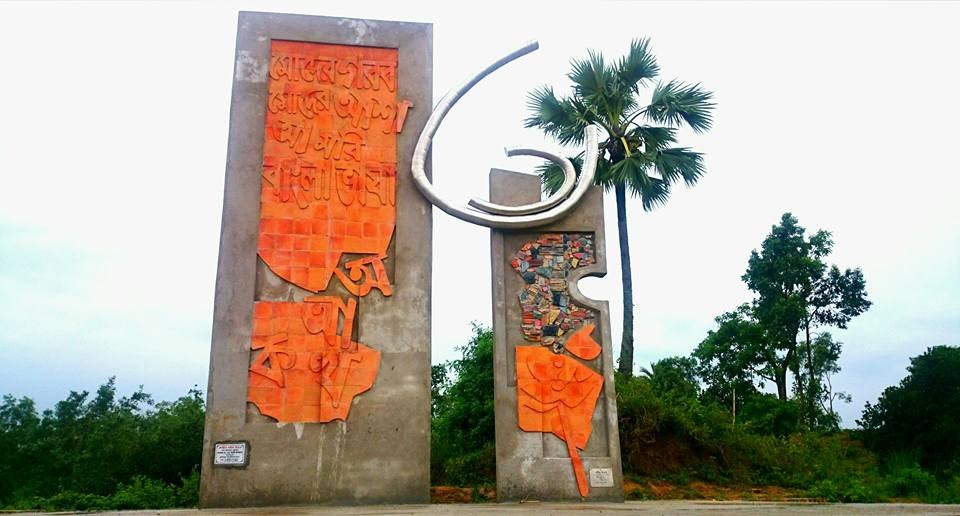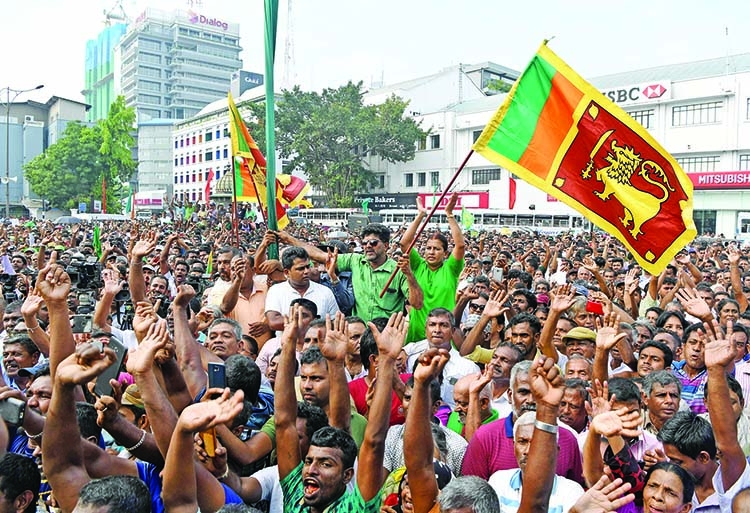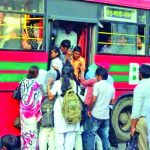By Boshra Akter
Bangladesh has a democratic system of government along local and national Governance. Local governance is the government where administrative control a specific area and closet to the people and also responsible for service delivery and development activities. In ancient times this institution was known as Panchayat. Two types of local government system exist in Bangladesh like rural and urban. The rural local governments are Union Parishad, Upazila Parishad and Zila Parishad. The urban local governments are pourasbavas and City corporation. According to The United Nations, local self-government as “a political sub-division of a nation or state which is constituted by law and has substantial control of local affairs, including the power to impose taxes or exact labor for prescribed purposes. The governing body of such an entity is elected or otherwise locally selected.”
Decentralization means divided the power among top to bottom level administration. Administrative decentralization is done for ensure public service at all level of the country properly. In local government the empowering communities power is decentralization. Through this, the main purpose of decentralization is to see that the right, authority, responsibility, financial policy is followed properly. Litvack and Seddon said about decentralization in their (Empowerment through Decentralization: Conceptions, Contrivances and connections) in 1999, Decentralization can merely shift responsibilities from central government officials in the capital city to those working in regions, provinces, or districts, or it can create strong field administration or local administrative capacity under the supervision of central government ministries. Decentralization is considered to be an effective system that can meet the expectations of the people.
Decentralization can make a empowering community in local center with power, Resources and responsibility from the central administration. According to World Bank 2000, Most of the governments in the world have adopted the decentralization policy, more specifically, 95% of democracies now have elected sub-national governments, and countries everywhere, large and small, rich and poor are devolving political, fiscal, and administrative powers to sub-national tiers of government. Decentralization empowers local government to make decision for their specific areas, which is important for identifying and solving problem. In this way government can easily connect with general public problem. As government is close to people they provide use resources according to the needs of their areas, which has a positive impact on development activities. It also close with service receiver and provider each other as a result of which increasing accountability and transparency of administration. People can easily monitoring the activities of local administration .At the local level decentralization enables people to actively engage in decision making ,choose their representative through local elections and overseeing the work of the government. In this way local governance maintaining a positive relationship citizen and state. According to European Commission 2007, Administrative decentralization aims at transferring decision making authority, resources and responsibilities for the delivery of a select number of public services, or functions, from the central government to other (non-elected) levels of government, agencies or field offices of central government line agencies.
Local governance maintain the work and participation of citizens in various ways so that the governance process is more effective. The governance organize public meeting at various time where people can keep their opinion and give suggestion to do work properly. Online and offline surveys are taken to collect the opinions of citizens. The local government form special committee and they give advice on specific issue such as health conscious, education, environment and others. To create awareness local government arrange workshop, seminar and training programme so people can know about the governance process and their rights. This give legal recognition to citizens views and participation. It also makes governance more transparent and acceptable. Though all these means government closely engages with citizens and incorporates their work , opinion and participation as part of the government process. As a result, governance policies and decision are aligned with the real needs and wants of citizens which contribute to community development.
Local governance reduces central authority and gives responsibilities to various local or regional administration. Article 59(1) of the constitution of Bangladesh states that the responsibility of local governance shall be given to the administrative part consisting of elected person. The positive side of local governance is various. Local administration can take quickly decisions to meet local problems or needs. They does not have to wait for a central decision. According to the needs of their respective areas, they can take development plans. Most important things of local governance is transparency their work for accountability .Local administration is directly accountable to the people. This allows the people monitoring the activities of the administration. Another positive side is local governance create democracy in country. According to World Bank,2008, Enhanced access to relevant information is important for citizen oversight and voice, as well as to enhance transparent functioning.
There are some common challenges in local governance that hinder development and good governance. One of them financial limitation is big challenges for implement their project. Most of the local government agencies have insufficient budget and resources to do any work properly. Corruption is another challenge of any development programme. By corruption Bangladesh people are affected everywhere so the organization cannot work properly for development. In many cases, the central government intervenes in local decision so that the local administrations cannot run their own way. Further lack of public involvement, lack of planning, weakness of local leadership ,inconsistence in laws and policies are challenges of local governance for development. To reduce these challenges local governance requires effective, leadership, planning, public involvement and transparency.
In Conclusion, Though local governance have many challenges for development but also have positive side. Local people are directly empowers local communities through decentralization by involving them in planning, implementing public programme and policies, participation of people. It provides a way for people monitoring the work of government and participate the development of country. Accountability is the main foundation of decentralized governance. By reduce the challenges of governance local government will development properly.
The Writer is a Member of Social Research Group (SRG) and an undergraduate Student of Public Administration, Comilla University. This is a work in progress.

